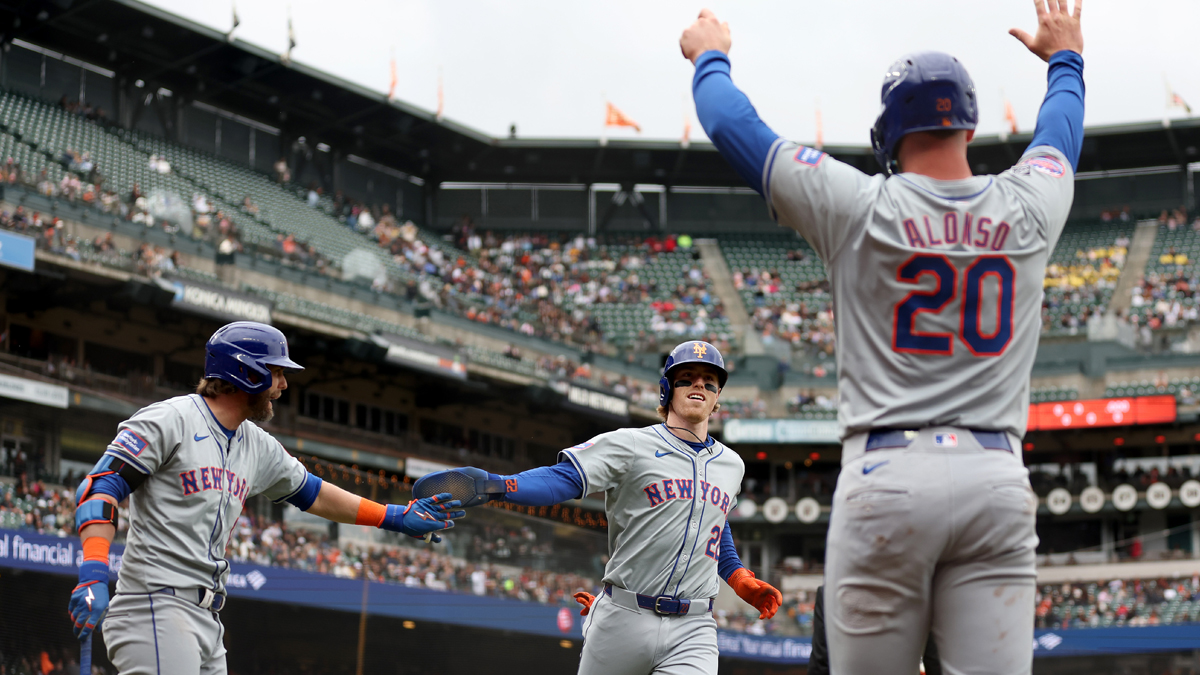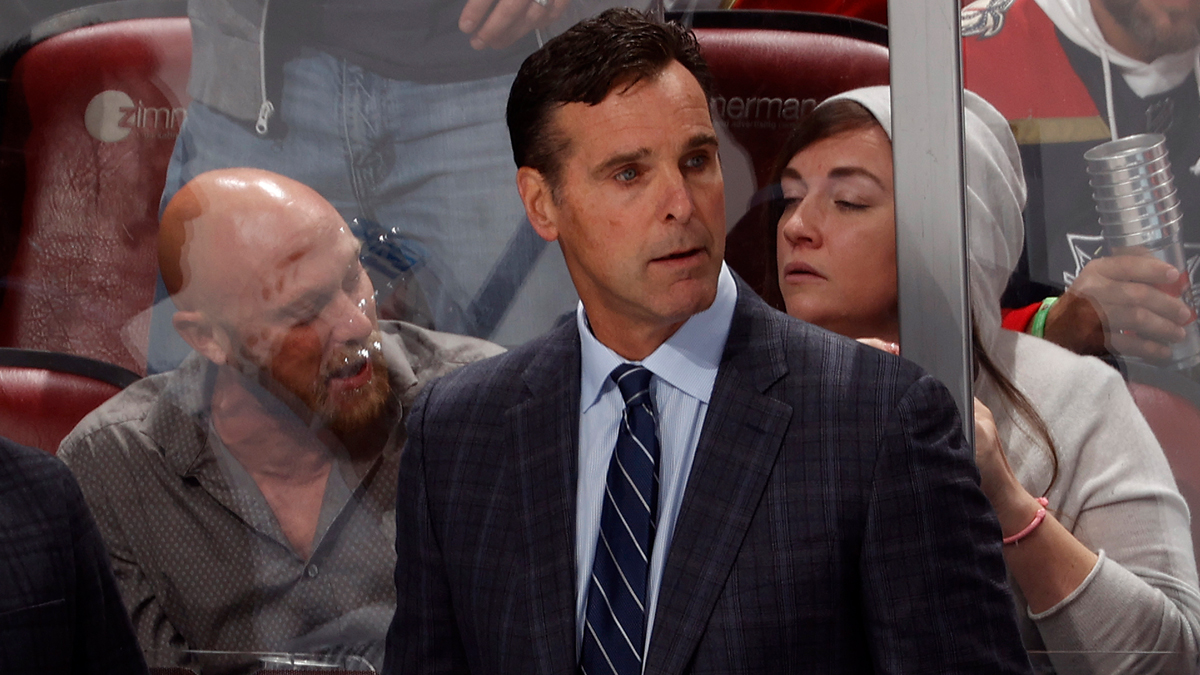The University of Miami is losing three football scholarships and one basketball scholarship in each of the next three years as part of penalties issued in response to the Nevin Shapiro booster scandal, the NCAA said Tuesday.
The school will be on probation for three years and will face public reprimand and censure, the NCAA said in a 102-page report. The football team will be able to go to a bowl this season, after self-imposing a two-year bowl ban following the 2011 and 2012 seasons.
The sanctions stem from allegations that Miami failed to take action after Shapiro, a major donor to the university's athletics program, showered student-athletes with high-dollar gifts and luxury perks and paid for plane rides and hotel suites for prospective players. He also allegedly gave one student $50,000 to influence him to sign with a sports agency that he was an investor in, the NCAA said.
"The University of Miami lacked institutional control when it did not monitor the activities of a major booster, the men’s basketball and football coaching staffs, student-athletes and prospects for a decade, according to findings by the Division I Committee on Infractions," the NCAA said in a statement.
Former men's basketball coach Frank Haith - now at Missouri - will miss the first five games of the Tigers' season and must appear at a rules seminar next year.
Miami will have some recruiting restrictions, as well. The football program has already reduced the number of paid visits and fall evaluations as part of the school's self-imposed sanctions, which included missing three postseason games.
"The University accepts the findings and the additional penalties as detailed in the Committee on Infractions report and will not appeal. The University is grateful to the Committee for a fair and thorough hearing," the school said in a statement Tuesday.
"The Committee on Infractions report closes a challenging chapter in the history of the University of Miami," President Donna Shalala said in a statement. "I am grateful to our coaches, staff, and student-athletes for their dedication to the University and to intercollegiate athletics. I also want to thank Atlantic Coast Conference Commissioner John Swofford for his steadfast support. Finally, I want to apologize to the Hurricane family, as we have asked for your patience, faith, and support during a difficult time. Thank you for standing with us."
Sports
Head Football Coach Al Golden, who was hired in December 2010, thanked athletes for standing by the university.
"I want to sincerely thank our student-athletes and their families who, not only stood with the University of Miami during this unprecedented challenge, but subsequently volunteered for the mission. They shouldered the burden, exhibited class and exemplified perseverance for Hurricanes everywhere," Golden said in a statement. "It is with gratitude and humility that I say thank you to our administration, U Family everywhere and the entire South Florida Community for their unyielding support of our young men and program over the last 28 months."
"We will continue to approach our work with a positive attitude as we march towards being the best we can be. I am grateful to our administration and counsel for leading us through this difficult journey and I want to thank everyone who loves this University and who has supported the young men who proudly wear the Miami uniform," Head Basketball Coach Jim Larranaga said. "We are excited about the upcoming season and we are all moving forward."
The NCAA's decision comes 2 and a half years after the investigation of Miami began. It also comes eight months after it said the Hurricanes received their notice of allegations.
During a conference call with reporters Tuesday, Britton Banowsky, chair of the NCAA's Committee on Infractions, said the investigation took a "significant length of time."
"This case is among the most extraordinary in the history of the NCAA and the committee on infractions," Banowsky said.
According to the NCAA, many of the violations went undetected by the university over a 10-year period and centered on Shapiro entertaining prospects and student-athletes at his home, on his yacht and in various restaurants and clubs.
The investigation looked at 18 general allegations of misconduct and 79 issues within those allegations, the NCAA said. The NCAA interviewed 81 individuals as part of the investigation.
About 30 student-athletes were involved with Shapiro, and several football coaches, three men's basketball coaches and two athletic department staff members were also involved in the case, the NCAA said.
Shapiro is a former booster and convicted felon, serving a 20-year sentence for masterminding a $930 million Ponzi scheme.
According to the NCAA, from 2001 through 2008, Shapiro donated and pledged approximately $500,000 to the university’s athletics program. He also hosted a fundraising bowling tournament, attended by university officials, which raised $50,000 for the men’s basketball program. He was also granted special access to athletics events and had a student lounge named after him, the NCAA said.
"Knowing all of this, the university did very little to control or to monitor the conduct of the booster," the NCAA said.
In addition to the lack of control, Miami also lacked adequate policies and procedures for staff members to report potential violations without fear of consequence and many staffers didn't "have basic knowledge of NCAA recruiting rules or felt comfortable breaking them," the NCAA said.
According to the NCAA, Shapiro housed a student-athlete at his home, gave student-athletes access to his yacht and jet skis, gave cash prizes to student-athletes for fishing competitions, provided for meals and entertainment and gave them cash, clothing and other items.
He also provided hotel rooms and airfare for prospects and gave football stadium suite access, the NCAA said.
According to a Yahoo! Sports report released in 2011, Shapiro also said he supplied athletes with prostitutes, gave bounties for on-field plays, and on one occasion, paid for an abortion for a player.
Shapiro also gave $50,000 to a student-athlete to influence him to sign with a sports agency that Shapiro was an investor in, the NCAA said.
According to the NCAA, two former assistant football coaches gave false or misleading information to Miami and the NCAA enforcement staff during their investigation.
The NCAA also said that when Shapiro began experiencing financial trouble, he requested a large loan from Haith or a return of his $50,000 donation. Haith denied the request but an assistant men's basketball coach agreed to loan Shapiro $7,000, the NCAA said.
Shapiro repaid the loan, but after he was arrested in 2010, he threatened Haith and the assistant coach and demanded more money. The coaches worked together to make sure Shapiro's mother received a $10,000 payment to end the threats, the NCAA said.
Banowsky said investigators corroborated much of the information Shapiro gave them through other means.
"It is very important to note that the committee did not rely solely on the statements of the booster, who is in fact a convicted felon, and provided much of the information while in prison. The vast majority of the statements made by the booster were corroborated by the statements of others and through independent documentation," he said.
The NCAA also noted that information from Shapiro's defense attorney obtained by investigators in a manner inconsistent with NCAA policies and procedures was excluded in the case.
"Our hope is that this frustrating and disappointing chapter for the institution and the NCAA can be one more step closer to being closed and that all those impacted can now move forward," Banowsky said.
More Stories on NBC6.com:



